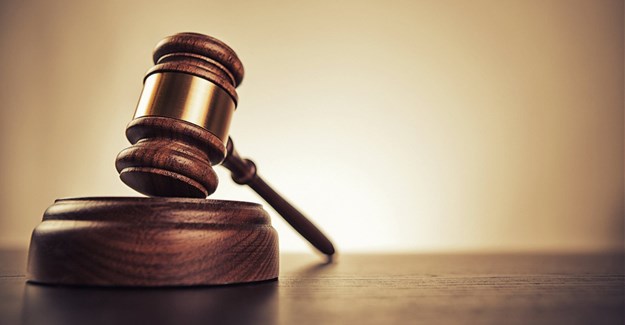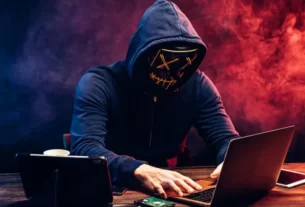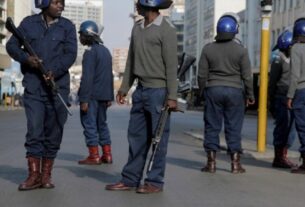CHIEF Justice Luke Malaba has directed judges of all superior courts and magistrates to suspend regular court operations and postpone pending criminal and civil matters in response to the 30-day national lockdown regulations.
The suspension of court business comes after Vice President Constantino Chiwenga, who is also Health and Child Care Minister, announced fresh 30-day lockdown regulations on Saturday following a spike in coronavirus cases.
Litigants are also barred from filing any new court applications save for urgent ones and bail applications.
In a statement yesterday, CJ Malaba said the reintroduction of Level 4 national lockdown measures necessitated the issuance of the practice direction to guide court operations, filing of pleadings, process and handling of cases before the courts for the duration of the lockdown period.
He said the filing of new cases, process, documents, pleadings and papers shall be suspended for 30 days until the end of the lockdown period on February 3 unless the period is either extended or revoked.
“With effect from 5 January 2021, the filing of new cases, process, documents, pleadings and papers shall be suspended for a period of 30 days up to 3 February, unless the period is earlier extended or revoked. The limited services that will be provided by the courts are initial remands, urgent processes and applications and bail applications,” said CJ Malaba.
He, however, said the Sheriff of the High Court and the Messenger of Court shall only serve processes relating to urgent applications, but shall not conduct any evictions, executions or sales in execution.
“The Sheriff and the Messenger of Court will be available to attend to matters that are connected or related to those filing bail applications and urgent processes and applications,” said CJ Malaba.
“All summonses, subpoenas and warnings in court issued directing accused persons and witnesses to appear in court between 5 January 2021 and 3 February 2021 are cancelled and shall be reissued after the expiry of the lockdown period. Where an offender is required to perform community service at an institution which is closed for the duration of the lockdown period, the performance of community service shall be suspended and shall resume on the first business day following that last day of the lockdown period.”
Litigants, lawyers and witnesses shall at all times be subjected to temperature checks and sanitisation of hands at entry into court premises.
They are also required to wear face masks in the manner prescribed by law, avoid person to person contact and maintain social distancing as prescribed by law.
“Any person who does not comply with the requirements specified shall not be allowed entry into courthouse or shall be asked to leave the court premises or courtroom or courthouse. Entry into court premises, courthouses, courtroom shall be limited to litigants, their legal practitioners, necessary witnesses and identified members of the Press,” said CJ Malaba.
He said the time limited by any rule for the filing of process, pleadings, documents and/ or papers was suspended for the duration of the lockdown.
“Any act required by the rules to have been done during the period of the lockdown within a specified period of time, shall be done within the specified limit calculated from the first business day following the last day of the lockdown period,” he said.
All pending civil cases are deemed to have been postponed and the registrars and clerks of court of the respective courts will reset the matters in consultation with the parties in line with set guidelines.
Similarly, all pending criminal cases on remand by virtue of the practice direction, have been rolled over for a period of at least 30 days.
CJ Malaba directed registrars of the superior courts to reset the matters down in consultation with the parties.
He said the time limited by any rule for the filing of process and pleadings shall be suspended for the duration of the national lockdown.
Courts will, however, continue to hear bail applications and initial remands, where there are constitutional rights involved, and will continue to hear urgent matters. —chronicle.c.zw




